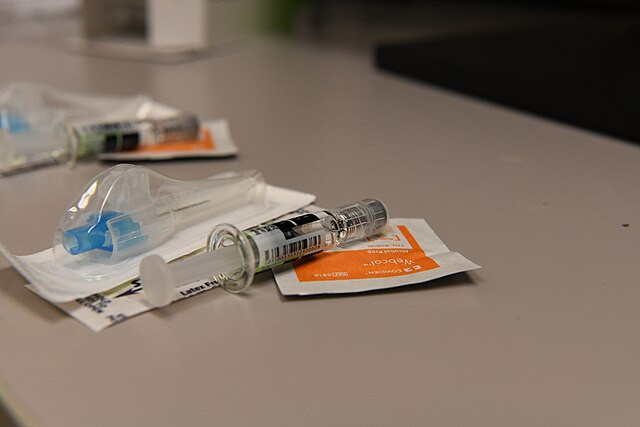The Centers for Disease Control and Prevention (CDC) is warning of a troubling rise in severe influenza cases among children, with a record 280 pediatric deaths reported during the 2024-25 flu season and 109 children diagnosed with flu-related encephalopathies, including the rare and life-threatening acute necrotizing encephalopathy (ANE).
The CDC report, released this week, shows that 84% of children with influenza-associated encephalopathy whose vaccination status was known were unvaccinated. "We don't always know how to predict which kids are going to have the most severe forms of flu, which is why we recommend the vaccine for everyone," said Dr. Buddy Creech, pediatric infectious disease physician at Vanderbilt University Medical Center.
ANE, which attacks the brain and can leave children with seizures, confusion, and paralysis, accounted for about a third of the encephalopathy cases. "Flu is dangerous for children, period," said Dr. Keith Van Haren, a pediatric neurologist at Stanford Medicine and co-author of the CDC study. "That is not a mischaracterization."
The numbers show how severe these cases have become:
- 74% of affected children were admitted to intensive care
- 54% required ventilators
- 55% had been previously healthy
- 19% died
Boston Children's Hospital pediatric neurologist Dr. Molly Wilson-Murphy, who co-authored the report, said doctors noticed an unusually high number of children with brain inflammation after flu infections. "We don't know in real numbers if this is an increase, but I will tell you, being on the ground, being a physician who cares for these patients, I was certainly struck that this was an increase," she said.
Parents are reporting devastating complications. Christine Wear of River Forest, Ill., described how her 4-year-old son, Beckett, developed ANE twice. "It has taken longer for his brain to recover," she said, adding that he became so weak during his second illness he could not lift his head or talk.
Doctors stress that the flu shot, while not as potent as vaccines like MMR, remains the most reliable defense against severe outcomes. "Our goal as parents and doctors is to keep kids healthy and to help protect kids who are at risk from getting sicker," Van Haren said. "Vaccination against the flu is the purest, best, simplest way to do that."
Vaccination rates among children have been falling for several years, with fewer than half (49.2%) getting a flu shot last season compared with 62.4% in 2019-20, according to the CDC. Dr. Sean O'Leary of the American Academy of Pediatrics said staffing shortages and access barriers have contributed to the decline, alongside rising vaccine hesitancy. "They might not be able to have large flu clinics after hours or on Saturdays," O'Leary said.






